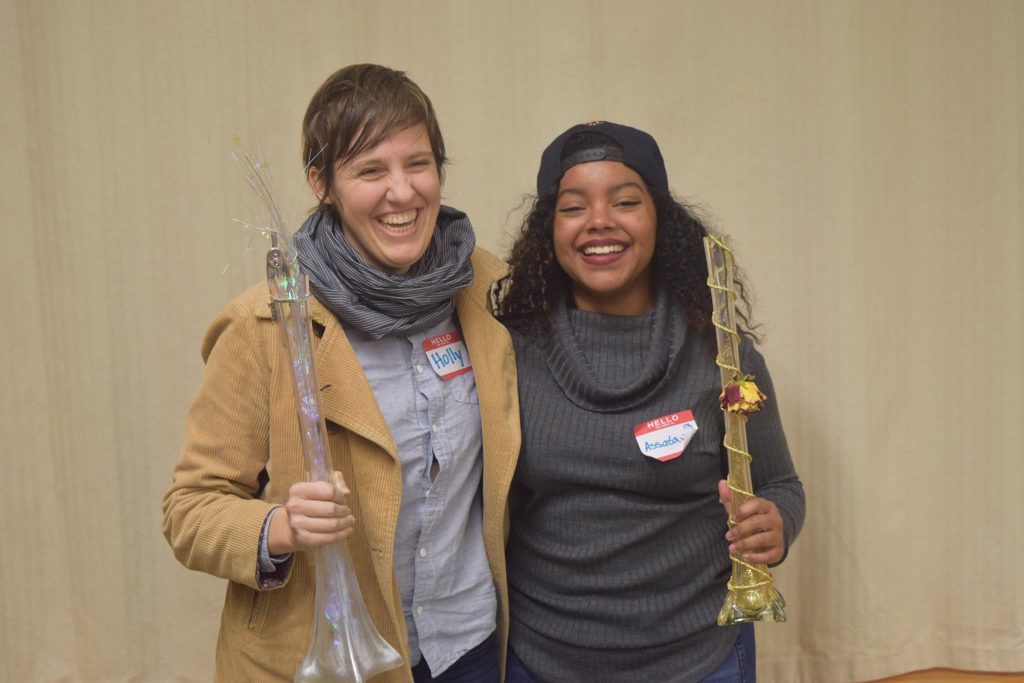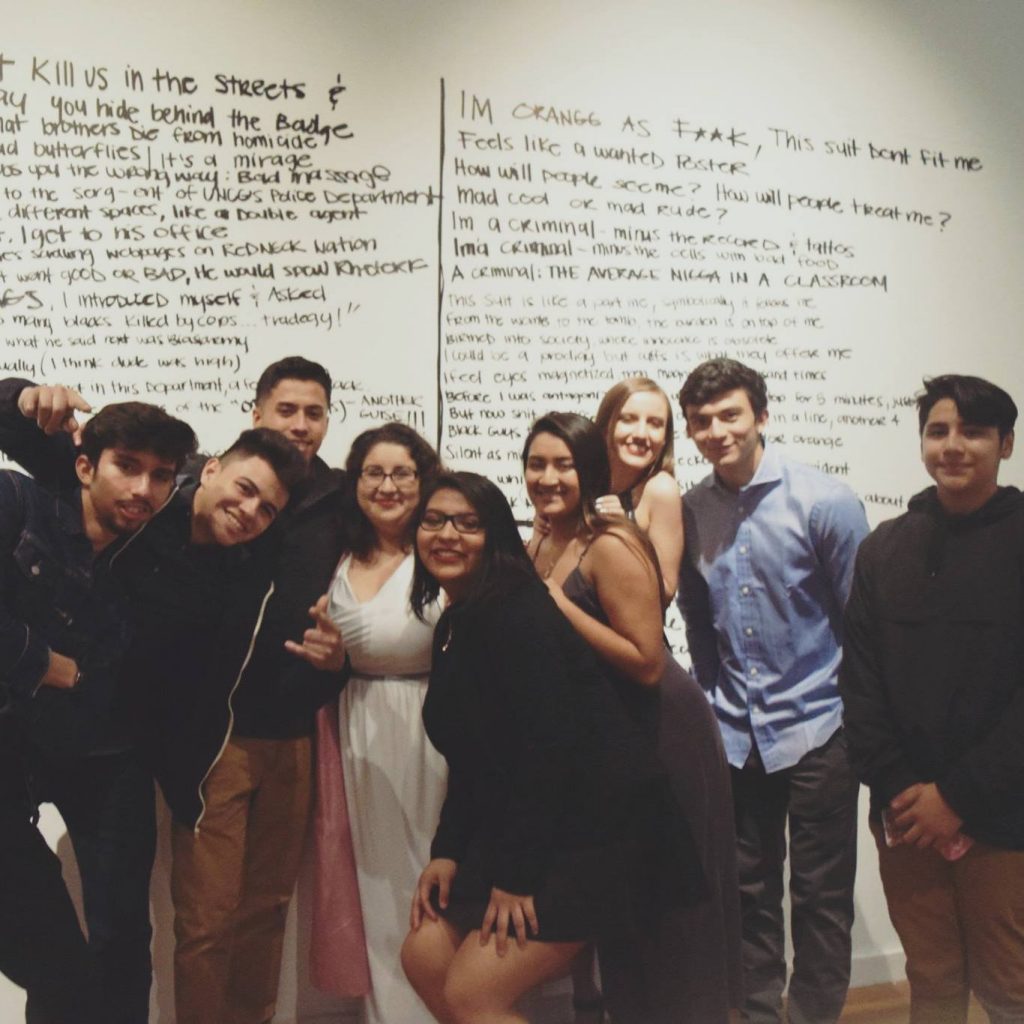
Our Annual Ella Baker Dance Party is an opportunity to celebrate youth organizers, adult allies, and everyone in our community that makes youth organizing possible. It is also our annual fundraising effort, where tickets range from $1-100. It is held in December.

Why We Honor Ella
Ella Baker was born on December 13, 1903 and died December 13, 1986.
Ella Baker was an important Civil Rights activist throughout her life and an adult ally to the Student Nonviolent Coordinating Committee (SNCC) during the 1960s. The Youth Organizing Institute wishes to honor this legacy by dedicating our year-end gala to her memory. Born in North Carolina and a graduate of Shaw University in Raleigh, she became involved with Civil Rights in the 1930s when she joined the Young Negroes Cooperative League, a group dedicated to collectively bolster black economic power. In 1940, she became involved with the NAACP, serving as a field secretary and as a director of different branches from 1943 through 1946.
Baker participated in the Montgomery Bus Boycotts of 1955, and in 1957 she helped organize Martin Luther King, Jr.’s Southern Christian Leadership Conference (SCLC). After the famous Greensboro Woolworth’s sit-ins, sparked by the actions of four North Carolina A&T University students, Baker became interested in the power of youth organizing in the Civil Rights movement.
In April of 1960 as SCLC director, Baker called for a meeting of student activists at Shaw University, where the Student Nonviolent Coordinating Committee (SNCC) was founded. In 1961, SNCC joined with the Congress of Racial Equality (CORE) to organize Freedom Rides, which challenged interstate travel segregation by organizing desegregated bus trips throughout the South. SNCC was dedicated to voter registration and protest, registering first time voters, organizing against segregated public facilities, and supporting those affected by White Supremacist violence.
Due in part to Baker’s influence, SNCC was based on participatory democracy, discouraging hierarchical structures and instead using consensus to make group decisions. Baker is famously quoted as saying “strong people don’t need strong leaders,” insisting that collective power can be stronger than cults of personality. Nicknamed “Fundi,” a Swahili word for one who teaches the next generation, Baker was a crucial adult ally for the youth movements of the 1960s, and her activism continued until her death in 1986.
